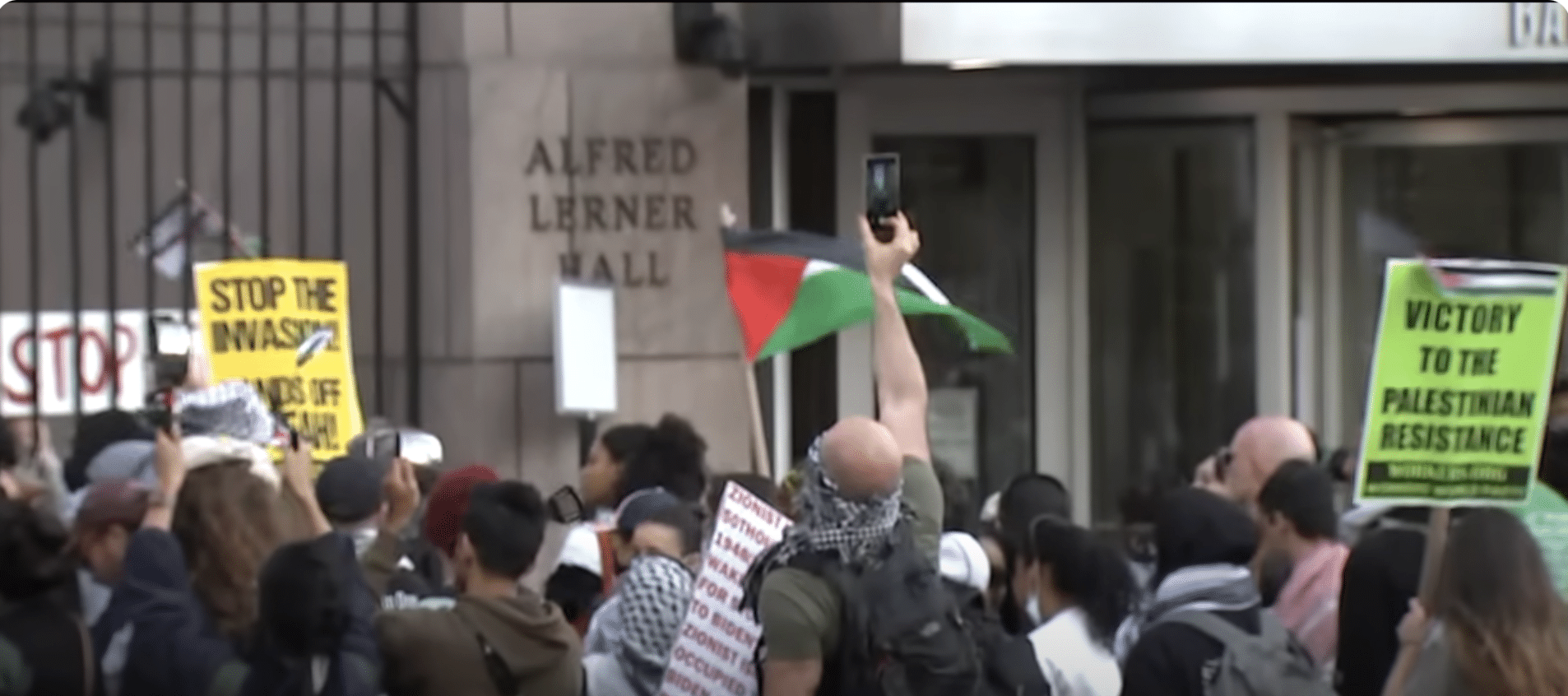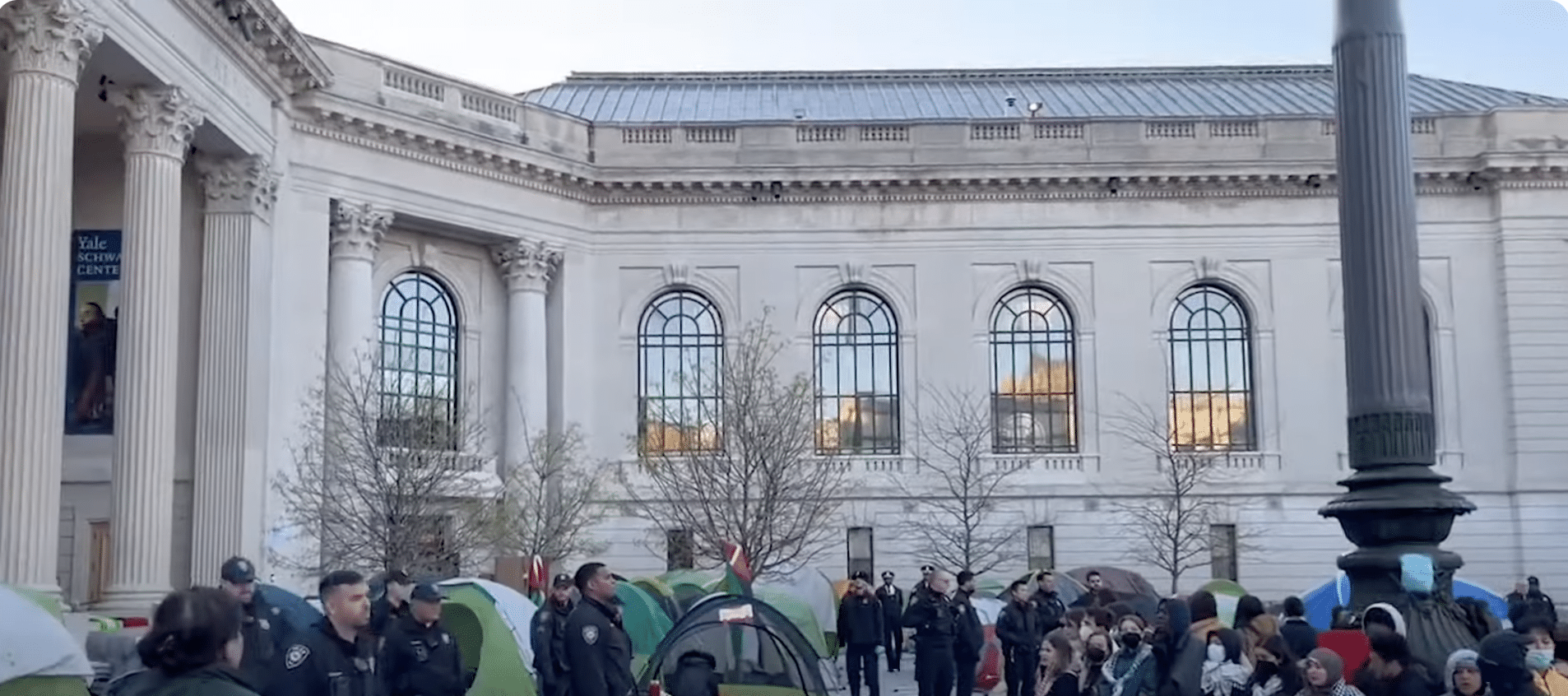(OPINION) ETH – In a 2020 letter to management, Max Eliaser, an Amazon software engineer, said Ring is “simply not compatible with a free society”. We should take his claim seriously. Ring video doorbells, Amazon’s signature home security product, pose a serious threat to a free and democratic society.
Not only is Ring’s surveillance network spreading rapidly, it is extending the reach of law enforcement into private property and expanding the surveillance of everyday life. What’s more, once Ring users agree to release video content to law enforcement, there is no way to revoke access and few limitations on how that content can be used, stored, and with whom it can be shared.
Ring is effectively building the largest corporate-owned, civilian-installed surveillance network that the US has ever seen. An estimated 400,000 Ring devices were sold in December 2019 alone, and that was before the across-the-board boom in online retail sales during the pandemic.
Amazon is cagey about how many Ring cameras are active at any one point in time, but estimates drawn from Amazon’s sales data place yearly sales in the hundreds of millions. The always-on video surveillance network extends even further when you consider the millions of users on Ring’s affiliated crime reporting app, Neighbors, which allows people to upload content from Ring and non-Ring devices.
Then there’s this: since Amazon bought Ring in 2018, it has brokered more than 1,800 partnerships with local law enforcement agencies, who can request recorded video content from Ring users without a warrant. That is, in as little as three years, Ring connected around one in 10 police departments across the US with the ability to access recorded content from millions of privately owned home security cameras. These partnerships are growing at an alarming rate. FULL REPORT

















